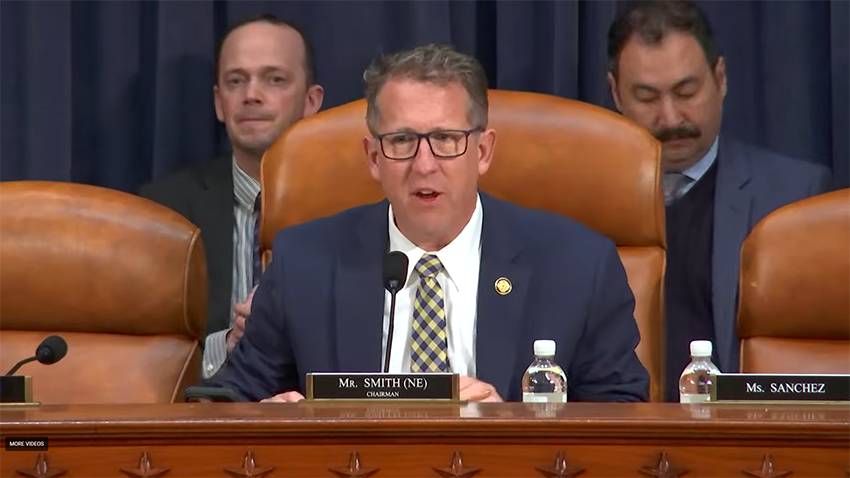The Inflation Reduction Act (IRA) has already begun to shift the way that innovative companies are investing in future breakthroughs. Over the past few months, CEOs have been explicit about the incentives their businesses are facing, including the law’s inducements to favor large-molecule medicines over pills and limit orphan drug development.
Despite the law’s already emerging dangers to drug development, anti-innovation skeptics have tried to suggest, using questionable assumptions, that the law will have no impact on how biotechnology companies develop medicines.
Dubious Data: Two new analyses from Bentley University have suggested that drug development decisions in biotechnology aren’t influenced by potential returns. However, those research efforts are based on a picture of the biotechnology industry that misrepresents the process by which biotechnology companies are funded. Here’s why:
- The analyses failed to consider future revenues when assessing the impact of policy changes on the biotechnology industry, instead incorrectly suggesting that smaller biotechnology decisions about clinical trial investments were divorced from pricing concerns.
- The work also used components of the consumer price index and the producer price index data as a proxy for brand-name drug prices, even though those CPI and PPI measures fail to accurately reflect the prices paid for innovative treatments.
- The analyses also lump together small companies with mid-size firms that have valuations as large as $7 billion, calling all such companies “smaller” biotechs. Intentionally or not, this conflation provides a distorted picture of the impact on small companies.
Economic Realities: The Bentley research acknowledges that revenue – which includes considerations of price – drives R&D spending at pharmaceutical companies but denies such an association at biotechnology companies.
- But biotechnology investors are indeed conscious of the ultimate value of the products they are developing, particularly the “net present value (NPV),” a measure that considers both the considerable costs, risks, and time required to bring a medicine to market alongside the potential economic rewards should the product prove successful.
- Concerns about the IRA’s effect on NPV are at the heart of research showing that new drugs will be lost under price controls such as the IRA.
BIO’s view: Biotechnology companies are not immune to economic incentives in health policy, a truth that is well understood by corporate executives and investors alike, but, perhaps, not academics.
Ensuring that laws such as the IRA do not have unexpected consequences or diminish patient-centric innovation requires a clear-eyed view of the way that legislation operates in the real world, where changes to the marketplace inevitably influence R&D decisions.




